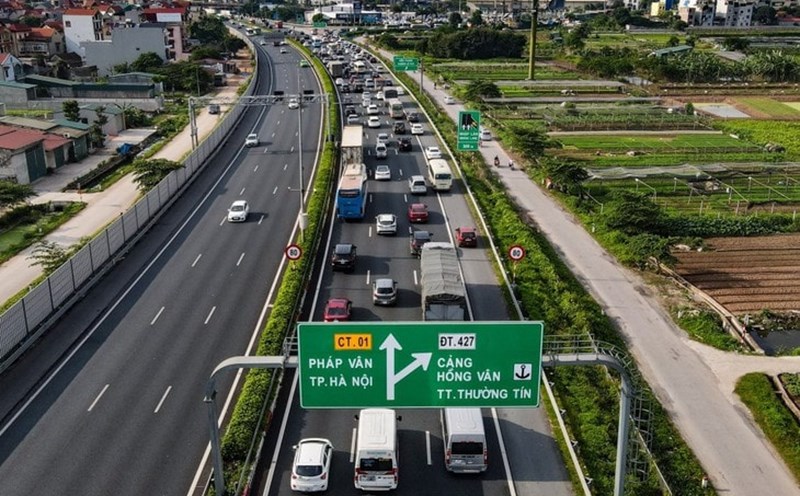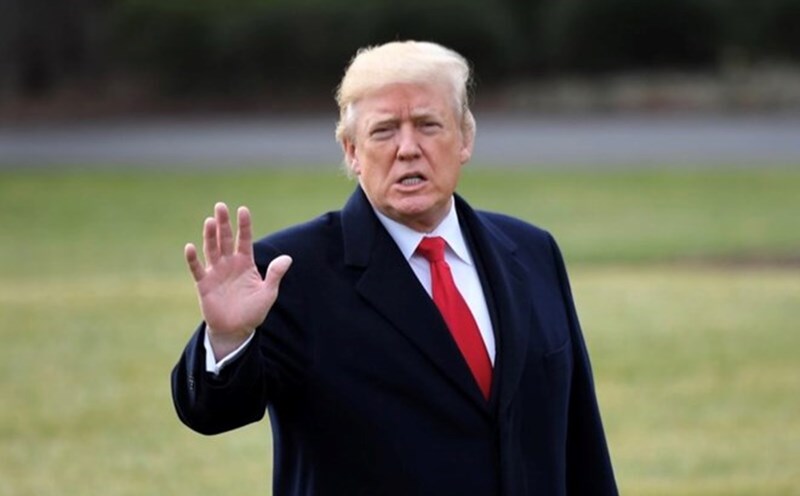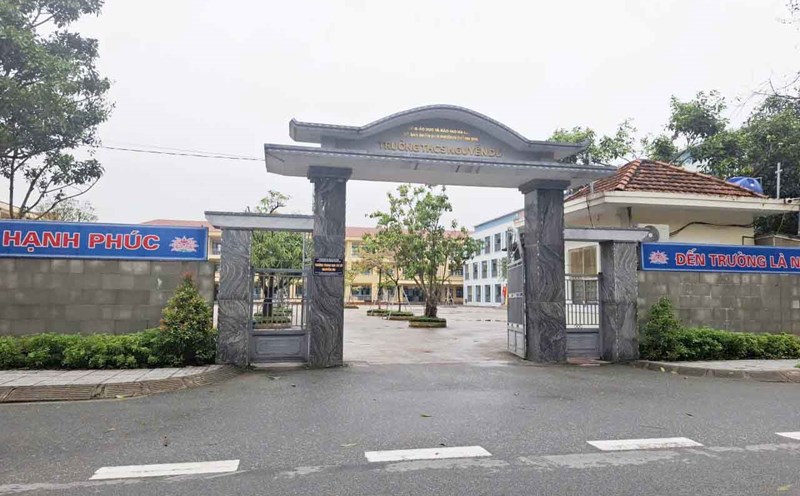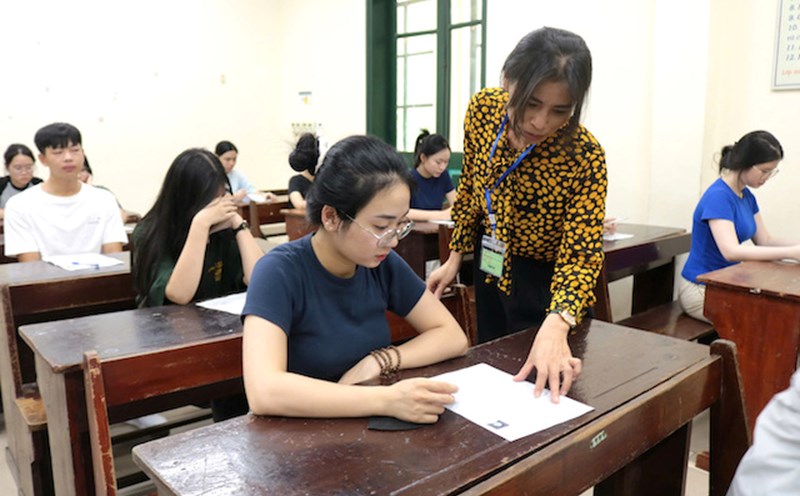The draft Press Law (amended) was born in the context of a strong global media transformation, when the press is no longer simply a means of reporting but has become a content industry. The new legal corridor with 4 chapters and 51 articles - 2 chapters and 10 articles less than the 2016 Press Law - demonstrates modern legislative thinking, only retaining framework regulations, and detailing the Government's regulations to ensure flexibility.
For the first time, the concept of prese economic has been officially mentioned and concretized in a draft Law. This is an important step forward, because a strong press must go hand in hand with a solid financial foundation. The draft allows press agencies to diversify their revenue sources, from selling works, exploiting content, cooperating - linking production, to providing public career services under the ordering mechanism, bidding for public tasks.
This regulation will help the press increase autonomy and financial transparency, creating conditions to both carry out political tasks and ensure the role of information orientation, while encouraging creativity and healthy competition.
In particular, placing orders and bidding for public tasks in the field of journalism is the right approach, helping to allocate resources effectively, encouraging the newsroom to proactively invest and innovate content according to social needs.
The Press Law (amended) not only completes the management institution, but also lays the foundation for a modern, humane and professional press. When given financial autonomy, content exploitation rights and flexible cooperation mechanisms, the press will become a special productive force of the knowledge economy, contributing to spreading knowledge, strengthening social trust and enhancing national competitiveness on the information front.
The new regulation not only focuses on financial issues, but also keep up with technology trends, from digital journalism to the application of artificial intelligence (AI). Regulations on press activities in cyberspace and legal responsibility when using AI are an important preparation step, protecting copyright, transparency and professional ethics in the digital environment.
Chairman of the Committee for Culture and Society Nguyen Dac Vinh affirmed that adding regulations on "press economy" is a strategic step, aiming to "create conditions for press agencies to have more revenue, increase financial resources to ensure and improve the quality of operations". This is also an institutionalized boost for Vietnamese press to enter a new stage of development - more dynamic, more creative and more engaged with the public.
In the flow of national innovation, the Press Law (amended) is the key to opening a modern journalism era, where journalists are not only reporters, but also content creators, creators of spiritual and knowledge values for society.












